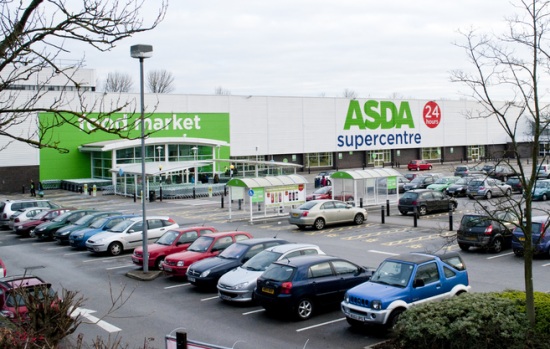Over the past few years, supermarkets have been launching promotions, sales and offers in a desperate bid to attract custom during a tough financial backdrop. One, however, has stood out by not putting on endless money saving deals on virtually a weekly basis, claiming that their everyday prices are the best value for money around, which is why it has lasted as one of the most popular supermarket chains in the UK.

Unfortunately, Asda’s profitable streak appears to be coming to an end, with the American owned chain posting almost stagnant sales figures for the past three months earlier this week.
In the first quarter, Asda posted a 2.2 per cent growth in like for like sales, which has now dropped significantly, with only a 0.7 per cent increase in same store sales. While this may be disappointing, Asda executives defended their decision to run fewer promotions and focus on everyday savings. They believe that this sales tactic will ensure their sales will continue to grow, rather than fluctuations quarter by quarter.
Finance Director Rob McWilliam said; “There are an enormous amount of gimmicks around to disguise a weak price position. That is not sustainable.”
The strongest performing items in the second quarter came under the categories of grocery, clothes and electronics.
Asda also revealed that their commercial property supermarkets were frequently asked to stock more five pound notes, and that one in twenty cashpoint transactions were for only five pounds. This, they claim, is an indication of how tight the average family budget is – another reason to keep their prices consistently low rather than opting for the multiple promotions tactic.
Chief Executive Andy Clarke said; “Discretionary income is still under pressure. Families are finding it a challenge to manage their budgets.
“We have consistently offered the lowest prices for years. The customer wants to know that these prices will be there every week, not just for a promotional period.
“Anybody can buy sales.”
Do you prefer shopping at supermarkets which frequently offer sales and promotions, or are consistently low prices, as Asda believes, is a better way of attracting customers? Do you believe that any factors have influenced stagnating sales for the American owned chain?